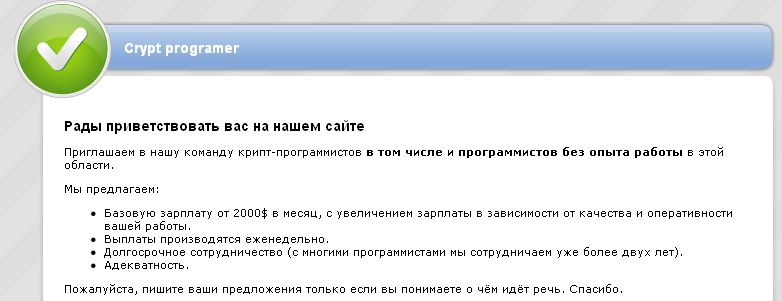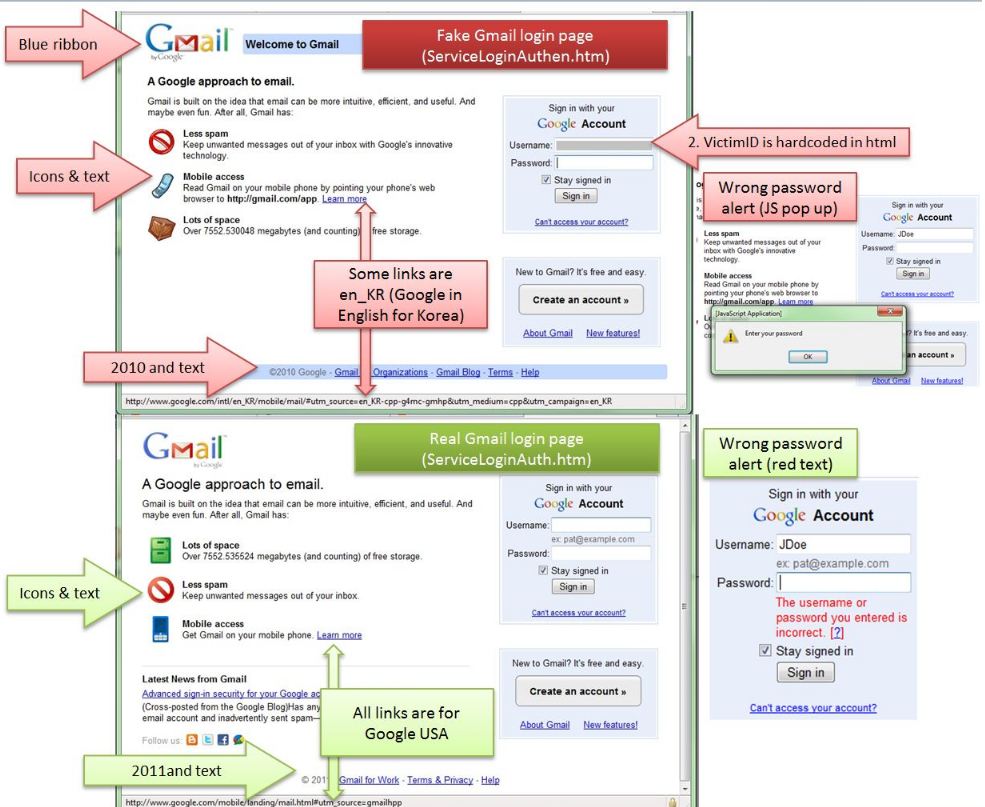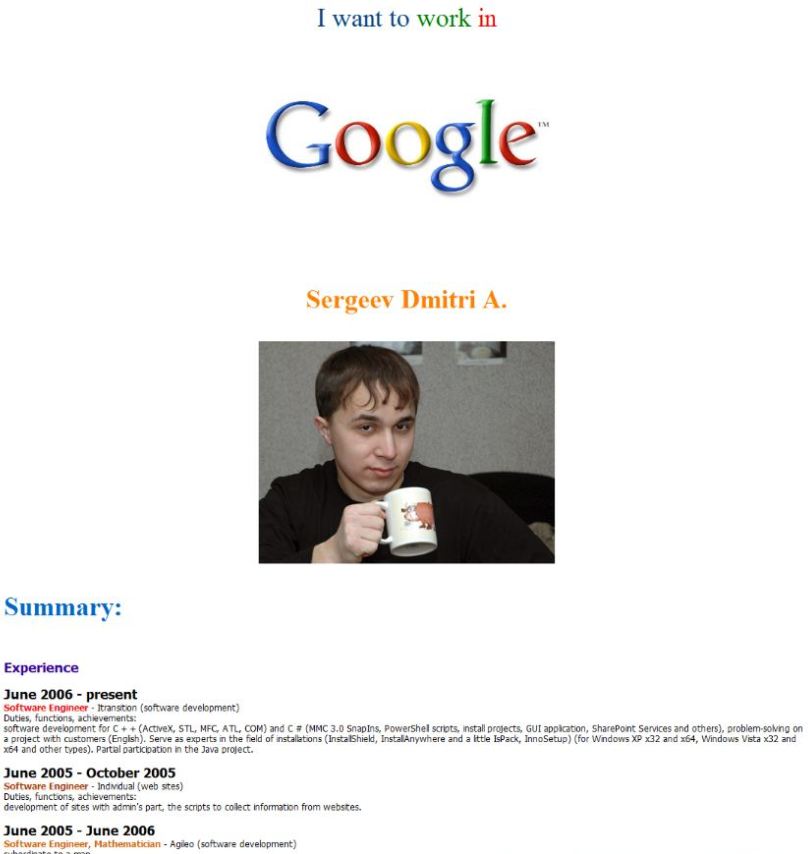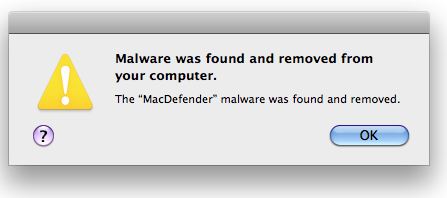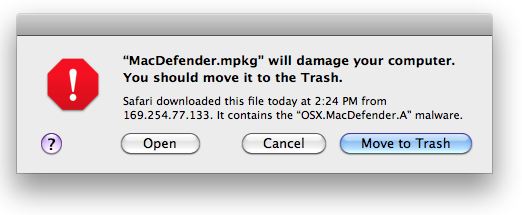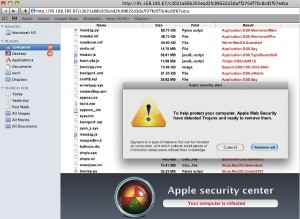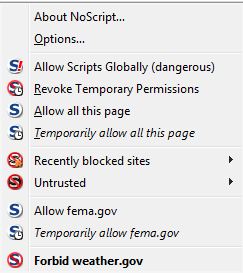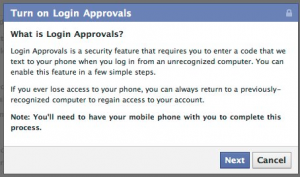A new resource for spotlighting organizations that are unwittingly contributing to the global spam problem aims to shame junk email havens into taking more aggressive security measures.
SpamRankings.net is a project launched by the Center for Research in Electronic Commerce at the University of Texas at Austin. Its goal is to identify and call attention to organizations with networks that have been infiltrated by spammers.
Andrew Whinston, the center’s director, said the group initially is focusing on health care providers that appear to be infected with spam bots. “Nobody wants to do business with a bank or hospital or Internet hosting company that has been hijacked by spammers,” Whinston said. “It’s an environment in which user data can be stolen or compromised.”
It’s not clear whether people pay attention to spam rankings when choosing providers, but it’s nice that another method of measuring badness and reputation on the Web has come online. Unfortunately, one doesn’t have to look very hard to find spambot infections at many health care providers. In April, I wrote about a service that lets crooks proxy their communications through hacked PCs (see: Is Your Computer Listed for Rent?): Within a few hours of poking around that service, I found three health care providers that were hosting spambots.
John Quarterman, senior researcher for Spamrankings.net and chief executive of network monitoring service Internetperils.com, said future versions of the project will focus on organizations in other industry verticals, such as banking and Web hosting.






